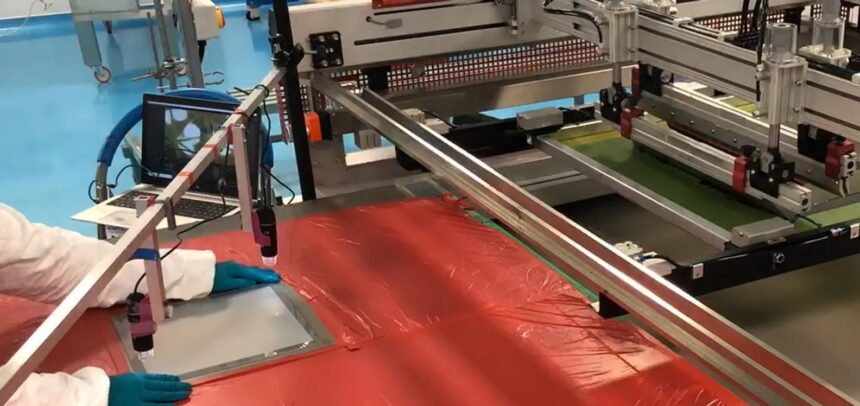Swansea University Shines Light on Africa’s Solar Pwansea University Spearheads £3m Solar Revolution in Africa
£3 Million Project to Revolutionize Africa’s Energy Landscape with Sustainable Solar Technology
A groundbreaking project led by Swansea University has secured £3 million in funding to develop and manufacture sustainable perovskite solar modules (PSM) in Africa. The initiative, dubbed REACH-PSM, aims to empower local communities, promote sustainable energy, and establish the continent’s first full-scale demonstration of next-generation solar manufacturing.
Funded by the UKRI Ayrton Challenge Programme, REACH-PSM is a collaborative effort between universities, businesses, and local communities in Nigeria, Rwanda, Kenya, and South Africa. The project builds on existing programmes at Swansea University, focusing on sustainable solar technologies in low- and middle-income countries.
A key aspect of REACH-PSM is the development of efficient end-of-life treatment for solar modules, minimizing waste and maximizing the circular flow of materials through reuse, refurbishment, and recycling. This innovative approach is designed to promote a circular economy from the outset.
Professor Matthew Davies, Principal Investigator of REACH-PSM, emphasized the project’s potential to revolutionize energy access and resilience across Africa. “By developing perovskite modules that are not only efficient but also sourced and produced locally, we hope to empower communities, strengthen supply chains, and help usher in a more equitable, low-carbon energy future.”
Perovskite solar cells offer a promising alternative to traditional silicon-based solar cells, with lower production costs and energy requirements. This emerging technology is nearing commercialization and has the potential to provide a more resilient and adaptable energy solution.
Africa’s energy landscape is poised for transformation, as REACH-PSM addresses the pressing issue of energy access. By harnessing the potential of perovskite solar technology, the project aims to unlock new opportunities for economic growth, social development, and environmental sustainability.
Frances Wood, UKRI International Director, highlighted the project’s significance, stating that it “exemplifies how equitable, interdisciplinary collaboration can unlock transformative solutions, ensuring a sustainable and inclusive energy future for all.”



